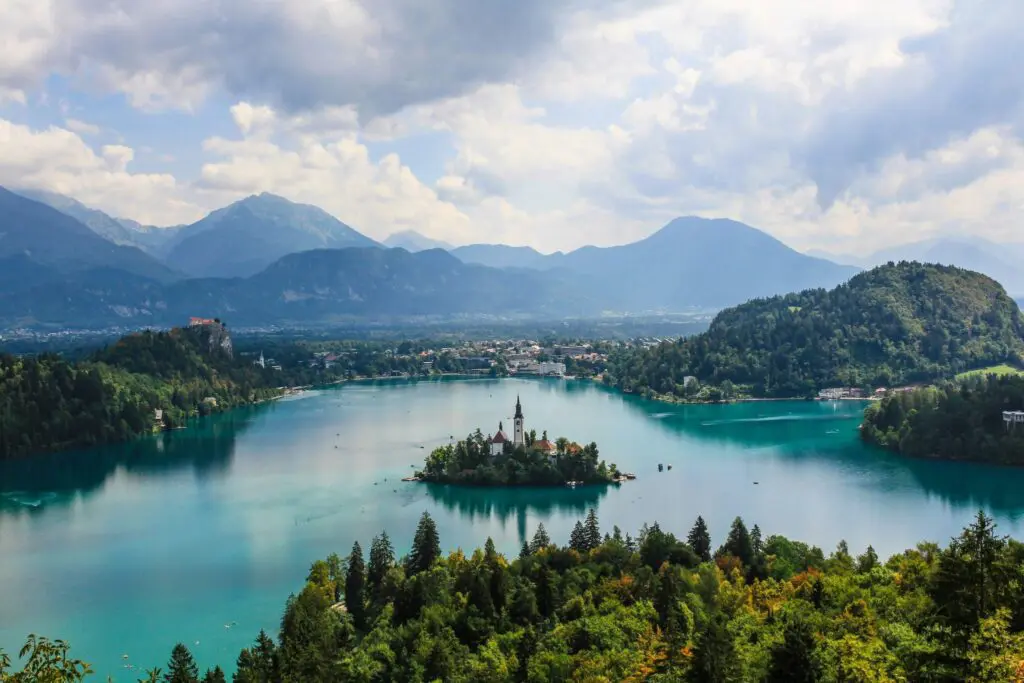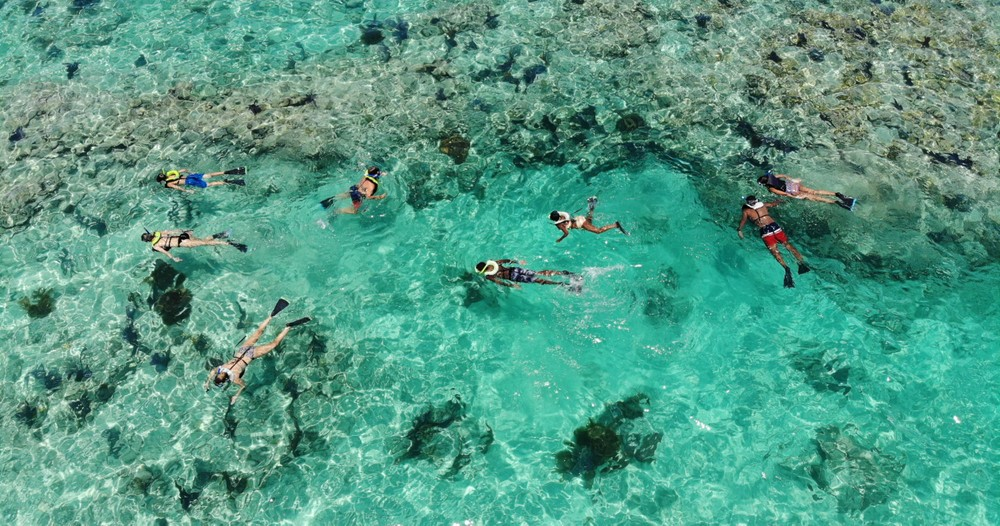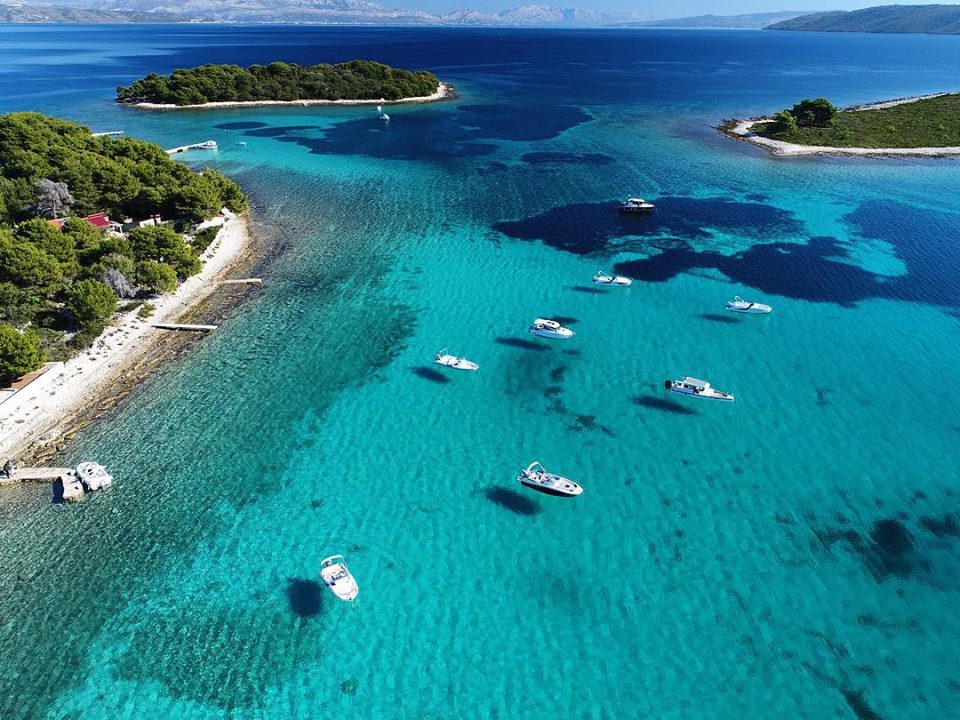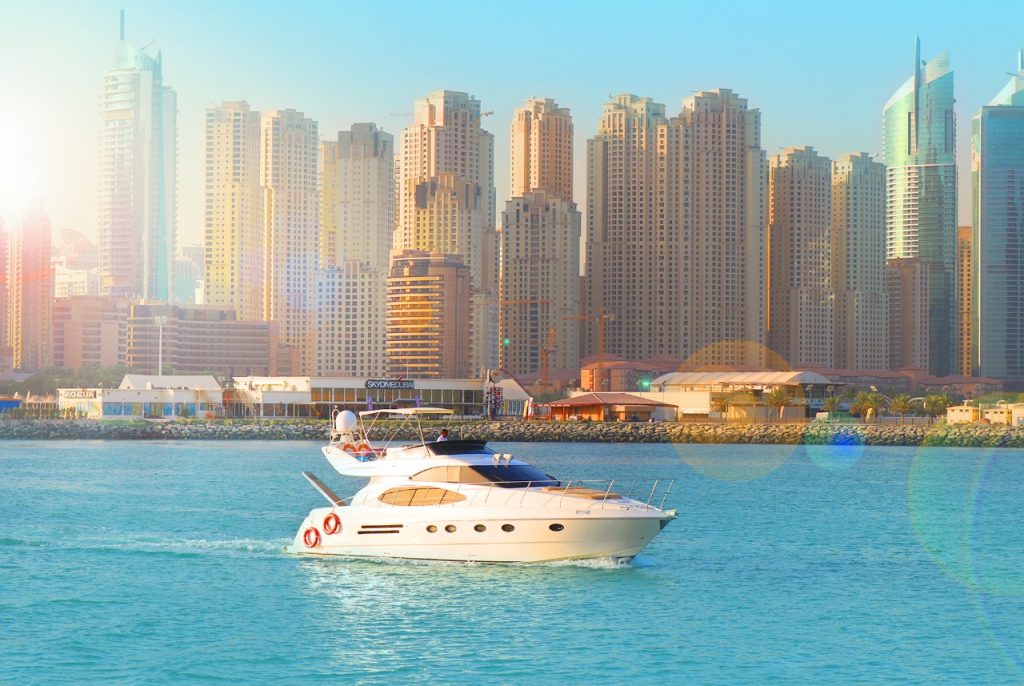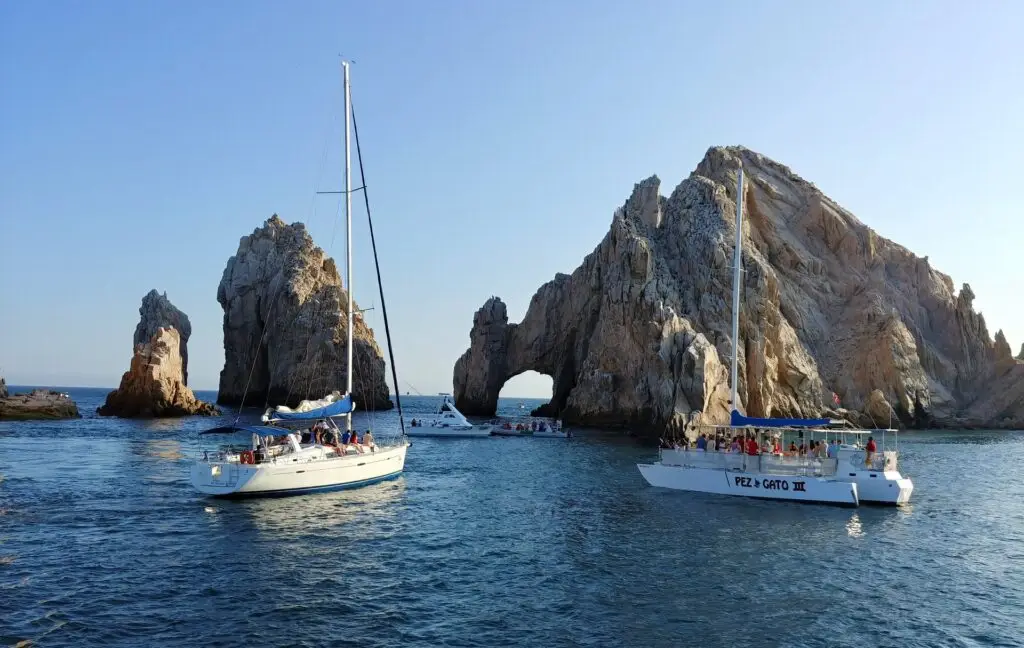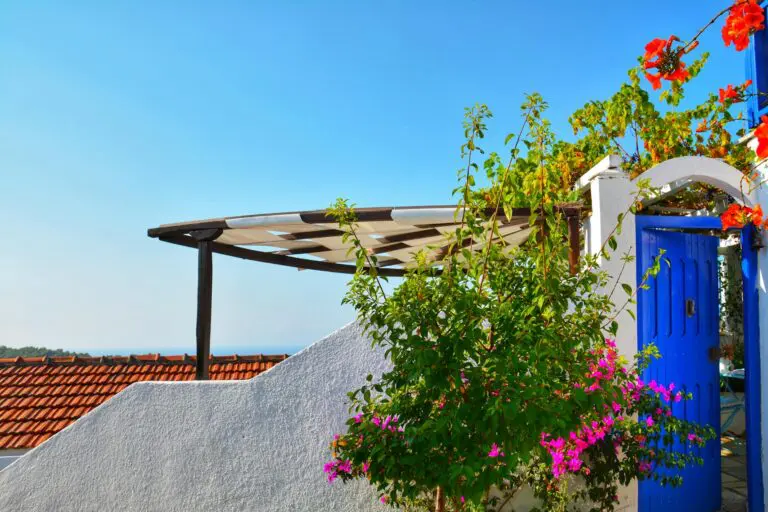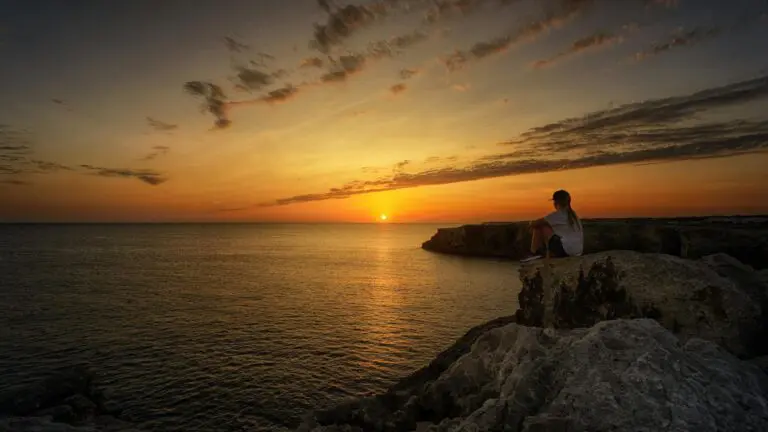Europe is a treasure trove of captivating destinations, each one rich with history, culture, and natural beauty. While iconic cities like Paris, Rome, and Barcelona are perennial favorites, stepping off the beaten path reveals a collection of hidden gems waiting to be discovered.
Explore ancient hilltop towns and rugged coastal enclaves to experience Europe’s diverse culture authentically, far from the crowds and tourist traps. This article will guide you on a journey of discovery to Europe’s unique and lesser-known destinations.
Prerequisites: Ensuring a Smooth Journey
Before beginning your European adventure to explore these hidden gems, preparing adequately with the right clothing, accessories, and connectivity options is essential.
Clothing: Europe’s diverse landscapes and climates demand versatile attire. Pack lightweight layers for warmer days and sturdy jackets for cooler evenings. Comfortable walking shoes with good traction are a must for navigating uneven terrain and steep steps, ensuring you can explore these destinations with ease.
Connectivity: Ensuring smooth connectivity is necessary when exploring Europe’s hidden gems. Having a reliable eSIM card for Europe enables you to navigate unfamiliar territories, stay in touch with loved ones, and share your unforgettable experiences in real-time effortlessly.
Essential Accessories: In addition to clothing, remember to pack essential accessories to enhance your travel experience. Bring along a durable bag to carry your belongings as you explore each destination. Accessories like sunglasses protect from the sun’s glare, while a first aid kit ensures you’re prepared for any minor mishaps along the way.
With the right clothing, a reliable eSIM, and essential accessories, you’re ready for a seamless journey through Europe’s hidden gems. Whether you’re strolling through medieval villages or hiking along scenic trails, proper preparation ensures you can fully immerse yourself in each destination’s unique charm.
Albania: The Ancient City of Berat
Berat, the “City of a Thousand Windows,” transports visitors to a bygone era with its cascading white Ottoman-era houses and winding cobblestone streets. Historic mosques and Byzantine churches stand as testaments to Berat’s multifaceted past.
The imposing Berat Castle, at the city’s summit, stands as a testament to centuries of conquest and resilience. Inside its walls, the Onufri Museum displays a remarkable collection of 16th-century Albanian icons.
Belgium: The Fairytale Town of Durbuy
Durbuy, the “smallest city in the world,” enchants visitors with its winding cobblestone streets, half-timbered houses, and historic square that evoke a fairy tale. Bring a power bank to capture every moment in this medieval marvel. The Ardennes region, with its rolling hills, dense forests, and picturesque villages, beckons just beyond Durbuy.
Immerse yourself in the natural beauty by embarking on trails, kayaking adventures, or leisurely bike rides through the scenic countryside. Durbuy and the Ardennes offer a captivating escape from the hustle of city life.
Croatia: The Peninsula of Istria
Nestled in northern Croácia, the Istrian Peninsula blends Mediterranean charm with an Italian influence. Rovinj, a coastal town perched on the Adriatic Sea, captivates with its vibrant colors, winding alleyways, and picturesque harbor. Venture inland to discover a world of culinary delights, including truffles, olive oils, and local wines.
Denmark: The Island of Bornholm
Bornholm, a sun-drenched island in the Baltic Sea, offers a tranquil escape from the hustle of city life. Its pristine beaches, rugged cliffs, and enchanting fishing villages capture the essence of Danish hygge – a cozy and contentment-filled way of life. Explore charming towns like Svaneke and Gudhjem, where colorful half-timbered houses line the streets, and artisanal shops beckon with local crafts and delicacies.
France: The Medieval Village of Eguisheim
Nestled in France’s Alsace region, Eguisheim is a picture-perfect medieval village that seems frozen in time. Its circular layout, with concentric streets and timbered houses adorned with vibrant flowers, transports visitors to a bygone era.
Stroll along cobblestone alleys, admiring gems like the 16th-century Church of St. Peter and St. Paul. Beyond the village walls, sample the region’s renowned wines, from crisp Rieslings to full-bodied Pinot Noirs.
Greece: The Mountainous Zagori Region
Tucked away in northern Greece’s rugged Pindus Mountains, the Zagori region is a hiker’s paradise. This remote area is home to a network of traditional stone villages, each more enchanting than the last.
The region’s crown jewel is the Vikos Gorge, one of the deepest canyons in the world. Hike along winding trails, crossing ancient stone bridges and taking in breathtaking vistas of towering cliffs and cascading waterfalls.
Italy: The Sassi di Matera, Basilicata
Matera, a city in southern Italy’s Basilicata region, is a living testament to human ingenuity. Its ancient cave dwellings, known as the Sassi, have been continuously inhabited for over 9,000 years, making it one of the oldest settlements in the world.
Explore the winding alleyways and stone staircases that weave through the Sassi, where historic churches, homes, and a 13th-century rock-cut cathedral stand as reminders of Matera’s remarkable past. Immerse yourself in the intricate details and frescoes within the cave dwellings of this UNESCO World Heritage Site.
Latvia: The Gauja National Park
Latvia’s Gauja National Park is a nature lover’s paradise, offering an escape from the urban hustle. This vast expanse of forests, rivers, and valleys is home to diverse flora and fauna, as well as a rich cultural heritage—spot wildlife like beavers, deer, and various bird species without disrupting their natural habitats. Embark on hiking trails winding through ancient pine forests and along the banks of the Gauja River, taking in stunning landscapes and keeping an eye out for wildlife.
Portugal: The Douro Valley
The Douro Valley, a UNESCO World Heritage Site in northern Portugal, is renowned for its world-class wines and stunning landscapes. Here, terraced vineyards cling to steep slopes cascading down towards the winding Douro River, creating a breathtaking patchwork of verdant hues. Embark on a river cruise or scenic drive, stopping at historic Quintas (wine estates) to sample the region’s acclaimed Port and Douro wines.
Slovenia: The Soca Valley
Slovenia’s Soca Valley is a gem for adventure seekers and nature enthusiasts alike. The emerald-green Soca River winds through the Julian Alps, creating a breathtaking natural playground. Indulge in outdoor pursuits like rock climbing and hiking along the rugged cliffs and trails. The Soca Valley offers an unparalleled opportunity to immerse yourself in nature’s majesty.
Best Time to Visit Europe’s Hidden Gems
| Destino | Best Time to Visit | Destaques |
| Albania: Berat | April to June, September to November | Mild temperatures, fewer crowds |
| Belgium: Durbuy | May to September | Pleasant weather for outdoor activities |
| Croatia: Istria | May to September | Warm temperatures, peak truffle season |
| Denmark: Bornholm | June to August | Long daylight hours, beach weather |
| France: Eguisheim | abril a outubro | Mild temperatures, wine harvest season |
| Greece: Zagori | May to October | Ideal for hiking, cultural events |
| Italy: Matera | April to June, September to October | Comfortable temperatures, fewer crowds |
| Latvia: Gauja National Park | May to September | Warm weather, outdoor adventures |
| Portugal: Douro Valley | September to October | Grape harvest season, mild temperatures |
| Slovenia: Soca Valley | June to September | Warm weather, water activities |
Conclusão
Transcend the well-trodden paths and immerse yourself in the authentic charm of Europe’s hidden gems. From ancient wonders to natural playgrounds, these unforgettable destinations invite you to embrace the thrill of exploration and create lasting memories.
Perguntas mais frequentes
- What’s the best way to get around? Rent a car for remote access, or utilize local transportation like trains, buses, ferries, and cable cars depending on the destination.
- Are these hidden gems family-friendly? Yes, many offer kid-friendly activities like exploring historic sites, hiking trails, local events, and family-accommodating lodging options.
- When should I plan my trip? Start planning at least 6 months, especially for peak seasons, to secure flights, accommodations, and activities.
